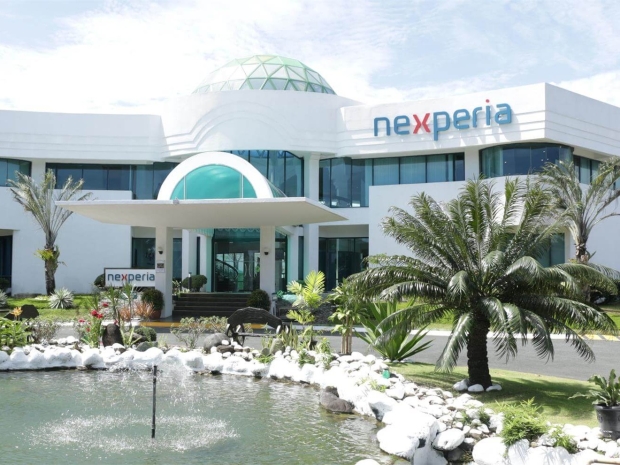According to a Dutch court document revealed on 14 October, American officials warned in June that the presence of Wingtech founder Zhang Xuezheng as Nexperia CEO was a red flag and if they wanted the company to avoid being blacklisted they would have to give him the boot.
“The fact that the company’s CEO is still that same Chinese owner is problematic,” they said.
The Dutch surrendered faster than the French. Their economy ministry took control of Nexperia at the end of September, and a court promptly suspended Zhang and handed most of the company’s shares to external managers.
Nexperia, based in the Netherlands and owned by China’s Wingtech Technology, makes the sort of chips that are in everything from cars to data centres. The US reckons it’s a national security risk, and has already blacklisted Wingtech. Under new rules, any outfit that’s at least 50 per cent owned by someone on that list could be next.
Dutch economy minister Micky Adriaansens told parliament he acted based on Zhang allegedly trying to shift Nexperia’s kit, cash and intellectual property over to China. He insisted it wasn’t about foreign pressure, even though it clearly was.
The Chinese government hit back with a face-saving tantrum. Wingtech was told to suspend exports and protect its assets, which includes Nexperia chips that are usually sent to China for packaging and testing.
A Chinese foreign ministry spokesperson claimed, “China is firmly resolved to defend its own legitimate and lawful rights and interests.”
Nexperia said on 15 October that it was in “close dialogue” with Chinese authorities to “mitigate the impact” of the export restrictions. The company’s also hoping for an exemption from the US blacklist before a 60-day grace period expires.
Internal Dutch government emails showed that since Wingtech was blacklisted last December, the goal was to ringfence Nexperia’s operations and stop sensitive tech flowing to China. Western execs were told it was vital to keep “operational independence from its listed shareholder.”
But Wingtech wasn’t playing ball. In March, Nexperia officials told the Dutch government that ensuring a European identity would “restrict the shareholder’s control rights too much.”
Western execs told the court that Zhang was steering the company into a ditch. He allegedly ordered $200 million worth of silicon wafers from a Chinese outfit he owns, even though Nexperia only needed $70 million to $80 million’s worth. The result was a surplus no one wanted.
Wingtech didn’t take that lying down. It accused Western staff of conspiring with the Dutch state to “loot the company.”
Meanwhile, Wingtech has been beefing up its own supply chain back home to cope with rising tensions. In 2020, Zhang set up a factory in Shanghai under the Wingskysemi brand, which now supplies Nexperia with a growing share of its wafers. In the first half of 2025 alone, Wingskysemi sold $85 million in gear to Nexperia, five times more than it did the year before.
China is Nexperia’s biggest market, raking in 48 per cent of its revenue. Europe trails at 22 per cent. How that balance shifts after this political punch-up remains to be seen, but the message is clear: US trade pressure travels well.




